Environment: Related Content

David Bond, associate director of the Center for the Advancement of Public Action, spoke with Vermont Public Radio about a course being taught at Bennington College about PFOA.
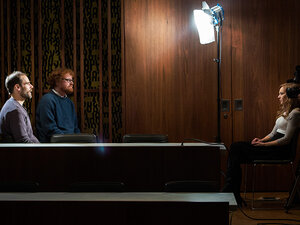
The National Science Foundation (NSF) has awarded Bennington College nearly $90,000 for a Rapid Response grant to support a new course and conduct original research on the perfluorooctanoic acid (PFOA) contamination recently discovered in Hoosick Falls, NY, and North Bennington, VT.
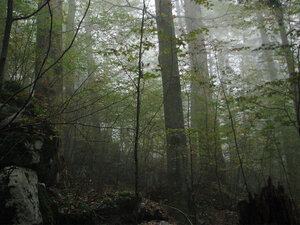
Faculty member Kerry Woods spent last semester completing a month-long Fulbright Senior Specialist program project in Slovenia. He collaborated with Slovenian scientists from the University of Ljubljana to develop a network of forest researchers in eastern/central Europe to use of long-term data-sets from European old-growth forests. The project culminated in an international workshop that he organized with Dr. Thomas Nagel at Ljubljana.
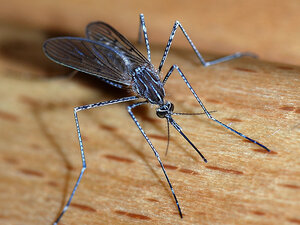
The Bennington College Program on the Environment is launching a speaker series examining the effects of environmental change, from climate change to urban and suburban development, on infectious diseases for both humans and animals.
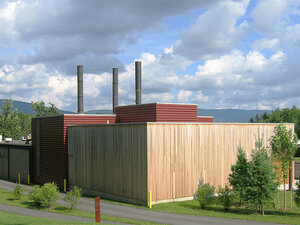
Boston Globe columnist Joan Wickersham cites Bennington's biomass heating system as an example of biomass done thoughtfully.

Ecology faculty member Kerry Woods contributed to a study finding that forests with dense canopies create a microclimate that protects a variety of vulnerable plant species from warming air temperatures. The study, published in Proceedings of the National Academy of Science, was picked up by several media outlets, including BBC News.
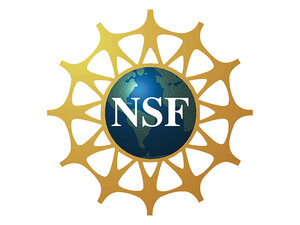
The National Science Foundation has awarded Bennington a $200,000 grant in support of a three-year curricular project aimed at exploring sustainable futures for former mill towns in New England.
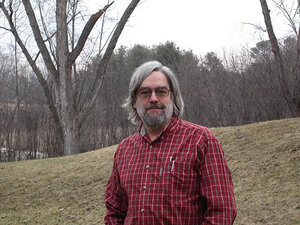
Ecology faculty member Kerry Woods’ research on "Losses in understory diversity over three decades in an old-growth cool-temperate forest" has been published in the March issue of the Canadian Journal of Forest Research.
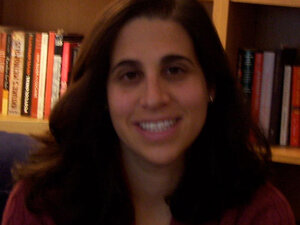
Environmental Studies Director Valerie Imbruce was interviewed on WBAI Pacifica Radio in New York City this week for a segment on the City's plans to make its food system more locally sourced and accessible to low-income and immigrant communities.
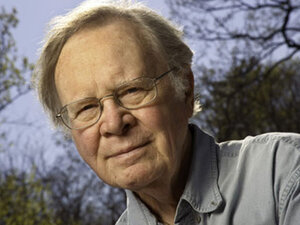
Columbia University Newberry Professor of Geology Wallace S. Broecker, a major figure in the climate-change debate and one of the most influential geoscientists of the last half-century, will discuss "What Must We Do to Combat Global Warming?" onThursday, September 30, at 7:30pm in the College's Tishman Lecture Hall. The event, this year's Robert H. Woodworth Lecture in the Sciences, is free and open to the public.
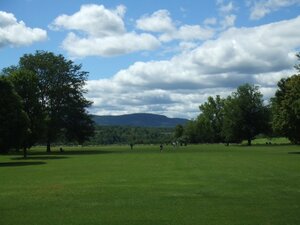
Bennington's campus bike share program, public transportation stop, and student-run organic garden are a few of the new sustainability initiatives that were highlighted last week by the Bennington Banner. Read the article here.
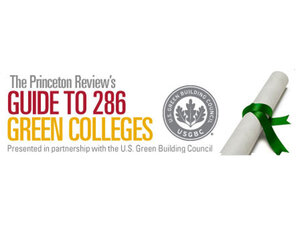
The Princeton Review has recognized Bennington as one of the country's most environmentally responsible colleges, citing the College's new biomass heating system and expanded environmental studies curriculum in its first ever Guide to 286 Green Colleges.

With a substantial, multi-year grant from The Andrew W. Mellon Foundation, Bennington will establish a new interdisciplinary environmental studies program. Beginning this September, the program will unfold in the context of the College's major new curricular initiative, which aims to address public needs of urgency, complexity, and importance.
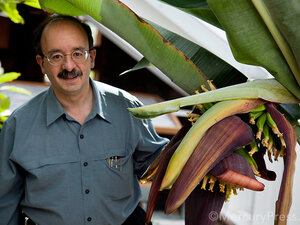
Amory Lovins, author of Winning the Oil Endgame and CEO of the Rocky Mountain Institute, will speak at the first annual Four College Issues Forum—a forum founded by Bennington College, Massachusetts College of Liberal Arts, Southern Vermont College, and Williams College "to bring significant discussion of national and global issues to the region and to their campuses."
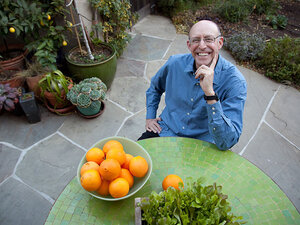
Journalist and bestselling author who has raised the American consciousness of how food gets to our plates
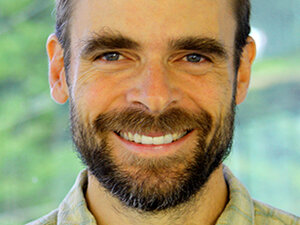
Tim Schroeder applies physical and chemical principles to understand interactions between deep-Earth and shallow-Earth systems. His courses are based on the idea that geology begins as an observational science, but that understanding Earth observations requires a physical sciences context.
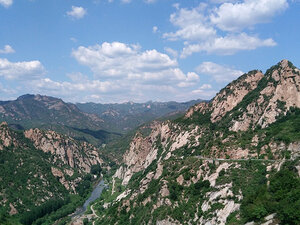
Awarded Princeton-in-Asia fellowship to work on legal reform and energy issues in the fight against climate change with the Natural Resources Defense Council in Beijing. She now works for the NYC Compost Project
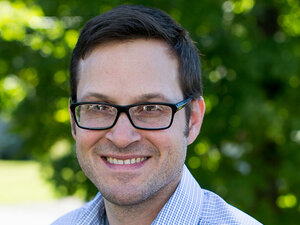
Named an “exceptional young scientist” for his work on the effect of climate change on invasive plant species
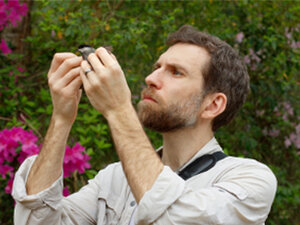
Blake Jones studies the underlying mechanisms of development, sociality, learning and memory in free-living animals. His research integrates theories and techniques from climate-science, ecology, physiology, genetics, and cognitive neuroscience.
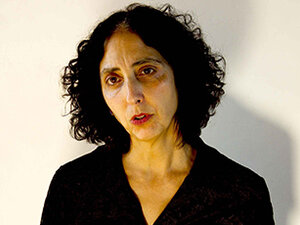
Susan Sgorbati is a professional mediator and educator whose creative research has led to collaboration across disciplines and borders as both an artist and a driver of social change.
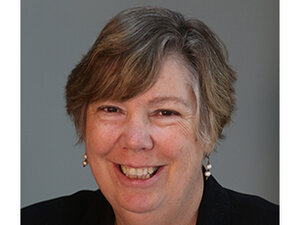
Judith Enck is senior fellow and visiting faculty member in the Center for the Advancement of Public Action. She is the President of Beyond Plastics and former EPA Regional Administrator, appointed by President Obama.

When natural disaster strikes, its effects are not experienced outside of history: Lopamudra Banerjee’s work brings together issues of the environment and development to explore how the poor experience such events in disproportionate ways.

Leader in the development of sustainable business models, brands, and social movements
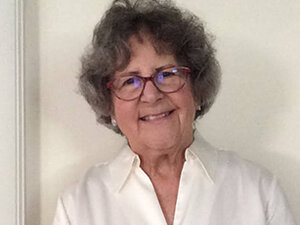
Elizabeth Sherman is known for her work on amphibians and, more recently, on coral reefs and climate change; she collaborates with student researchers in her study of how animals work — both individually and as part of larger ecosystems.
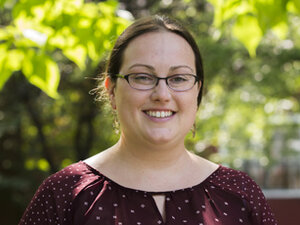
As an atmospheric scientist, Chelsea Corr studies atmospheric particles, ranging from very small pollution aerosols to cloud droplets, and the role these particles play in air quality and climate.

David Bond works with communities besieged by the fossil fuel industry to develop a more transformative grasp of environmental justice for people, politics, and critical theory.
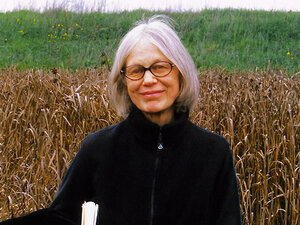
Environmental artist and Guggenheim winner whose work combines art, ecology, landscaping, and infrastructure
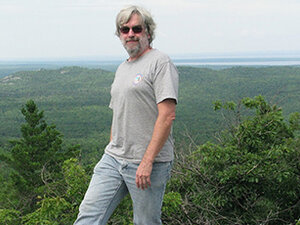
Kerry Woods is an ecologist whose recent work includes long-term studies of old-growth forests, landscape ecology of the Taconic Mountains, and collaborative biogeographic analyses of global temperate forests. His work has been supported by NASA, NSF, US Forest Service, and the Mellon Foundation.
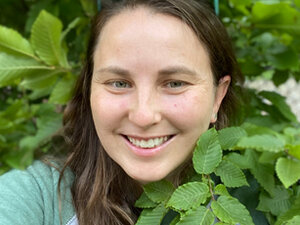
Caitlin McDonough MacKenzie is a plant ecologist studying the impacts of climate change on forests and alpine habitats.
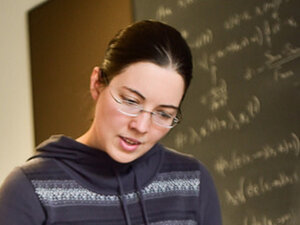
Kathryn Montovan uses mathematical modeling and analysis to understand complex ecosystem interactions and to discover the potential evolutionary causes of insect and animal behaviors. Her teaching is based on active learning techniques and is focused on engaging students of all levels in authentic mathematical inquiry.